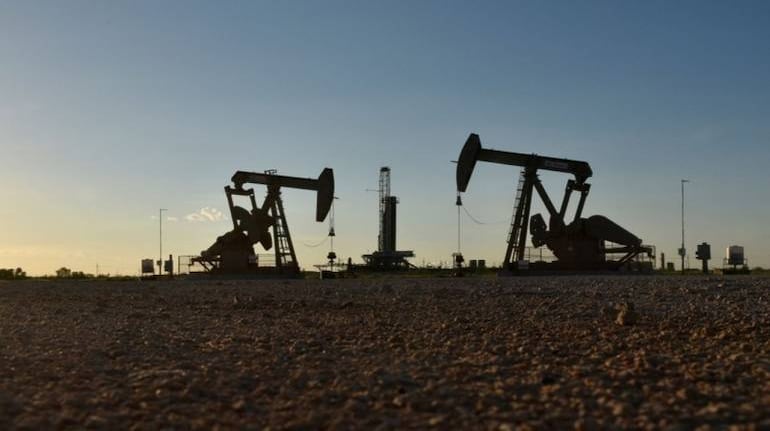



The price of benchmark Brent crude has slipped below $80 a barrel. It could not have come at a better time for India which is struggling with high crude prices, a weakening rupee and a rising import bill. However, the key question is whether this fall in prices will sustain, stabilise at these levels or bounceback.
This is an important consideration because US sanctions on Iran get triggered on November 4. Iran is the third largest supplier to India. Iranian oil is more lucrative for India as the payment could either be settled in rupees or bartered for rice, pharmaceuticals and other products. Further, Iranian oil comes with a 60-day credit.
Now, it is not clear whether India will be able to import all the 25 million tonne of crude it had contracted for this year. India has asked the US for a waiver on sanctions. It is not yet clear on how the US government would respond to India’s demand. China and Turkey have openly defied US ban and continue to do business with Iran.
That will provide no succour. Prime Minister Narendra Modi has pitched for a 'review of payment terms' to cushion the impact of a falling rupee and rising oil prices. Unfortunately, the options are limited and the window to address the problem is small. Currently, the oil market seems to be in delicate balance with a number of factors at play in the oil market now.
For one, demand projections have been revised downwards. The Organisation of Petroleum Exporting Countries (OPEC) has cut its demand forecast by 100,000 barrels a day (bpd) for both 2018 and 2019. It now expects demand to sustain at 1.5 bpd in 2018 and 1.4 bpd at 2019. This view was supported by the International Monetary Fund (IMF) which pared its global economic growth forecast by 0.2 percentage point to 3.7 percent for both 2018 and 2019. The Washington DC-based institute also raised concerns that demand for oil may slump over the coming months.
US sanctions on Iran will get triggered from November 4. That could leave global markets stretched. OPEC and Russia have committed to raising output, but there are questions over their spare capacity.
Saudi Arabia has barely been able to increase its production. Its oil production in June was 10.4 million barrels per day, which fell to 10.3 million barrels per day in July and crept up to 10.5 in September. Saudi Arabia’s oil minister had said the kingdom can pump out 10.7 million barrel per day by October-end.
On the other hand, Iran’s exports have plummeted by 1.1 million barrel per day as compared to 2.6 million per day in April.
Oil production increase from the US will also be small. Output from the seven major US shale basins is expected to rise by 98,000 barrels per day in November to a record of 7.71 million barrels per day. While Saudi Arabia has the wherewithal to plug this shortfall, it is playing hardball with the US over disappearance of journalist Jamal Ahmad Khashoggi.
The alleged abduction and killing of Khashoggi and subsequent outburst by US President Donald Trump against the US’s long-time ally prompted Saudi Arabia to warn that it will retaliate. Turki al-Dakhil, an ally of the Royal Court and director of the Saudi Arabian-owned Al Arabiya news network commented: “If President Trump was angered by $80 a barrel oil, nobody should rule out the price jumping to $100 and $200 a barrel or maybe double that figure.” Though the Saudi Arabian government distanced itself from the comment, the message was delivered to the US which rushed Secretary of State Michael Pompeo to cool tempers.
The lack of proven spare capacity may be telling even if demand projections are accurate. Any supply disruption will not be met with adequate increase in supply. In a sensitive oil market, that’s enough for prices to increase.
For all these projections, the ground reality is that oil is still trading at $80 a barrel and the current account deficit is projected close to 3 percent of GDP. At a time when global financial conditions are tightening, financing the deficit will be a tough task which in turn will put pressure on the rupee as well. For the Modi government, which recently cut duties on petrol and diesel, this does not sound like good news.
Discover the latest Business News, Sensex, and Nifty updates. Obtain Personal Finance insights, tax queries, and expert opinions on Moneycontrol or download the Moneycontrol App to stay updated!
Find the best of Al News in one place, specially curated for you every weekend.
Stay on top of the latest tech trends and biggest startup news.